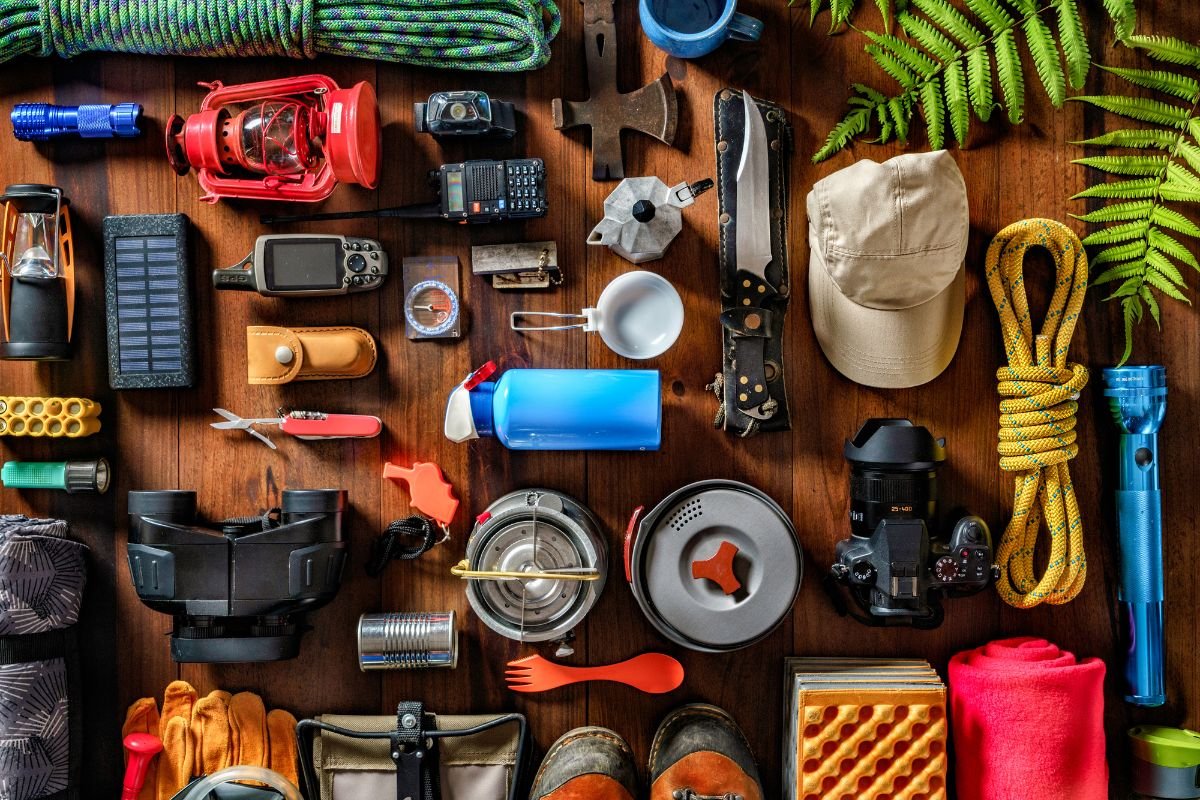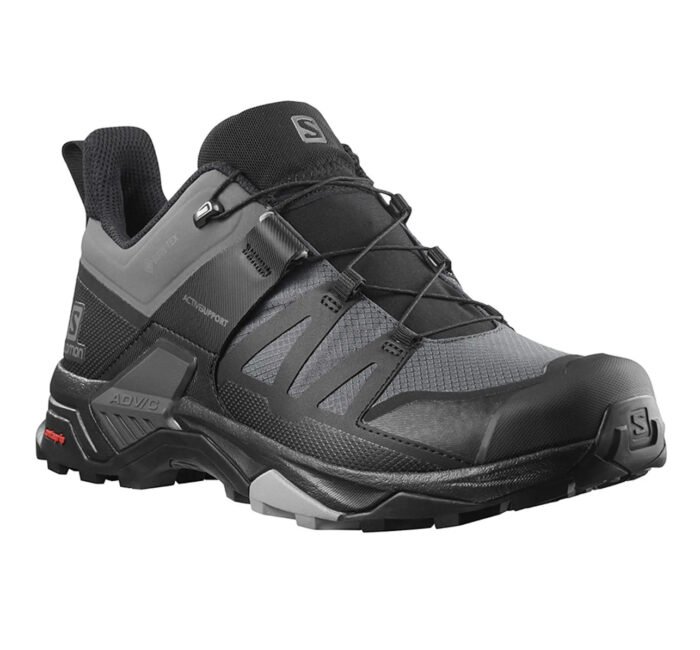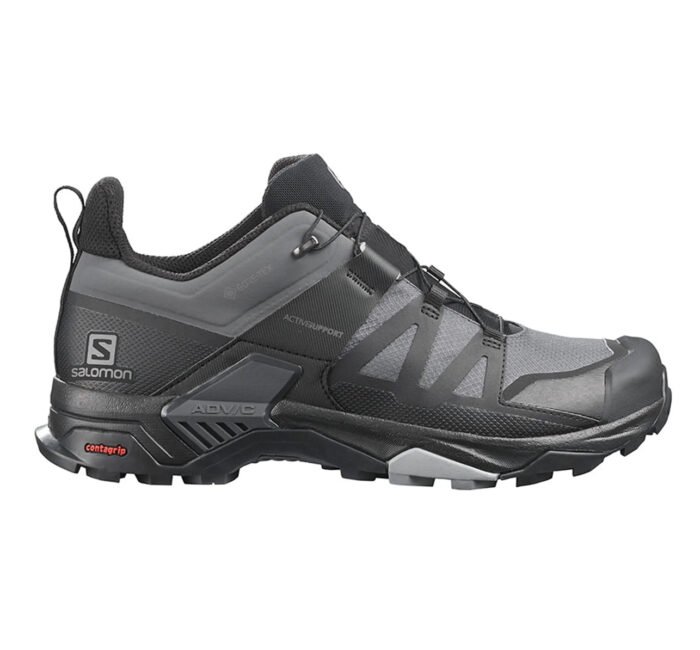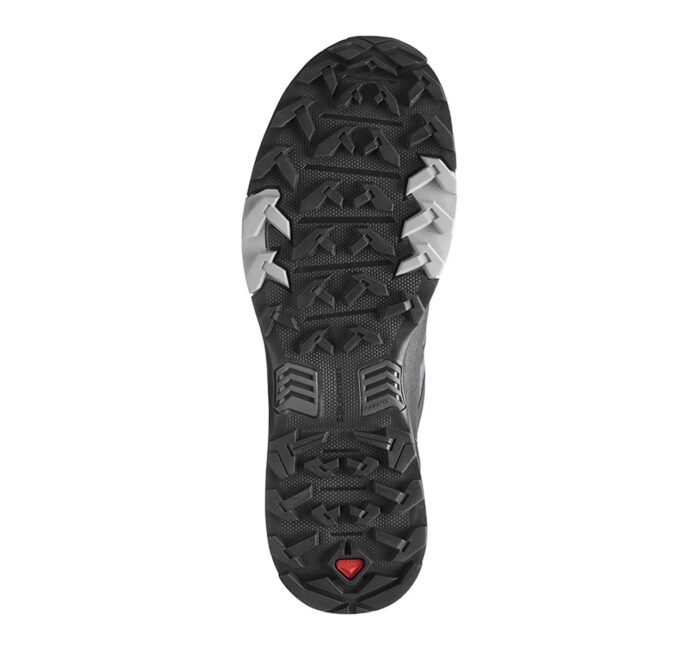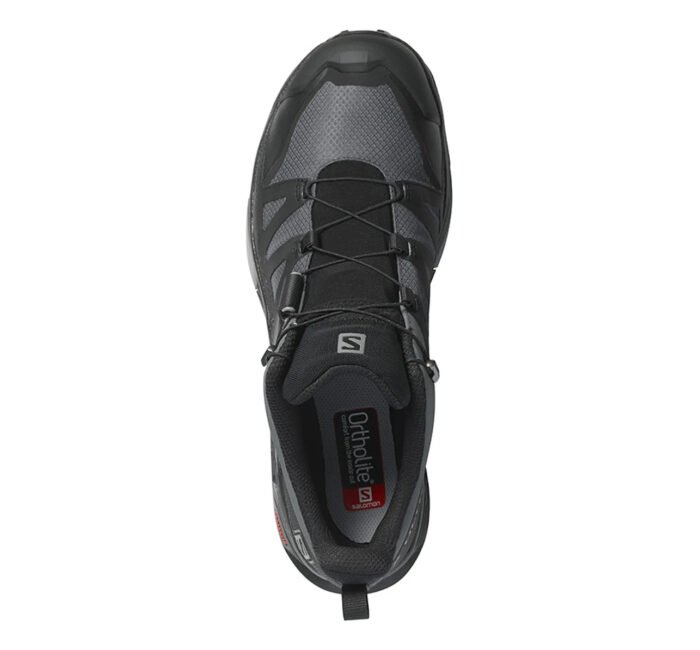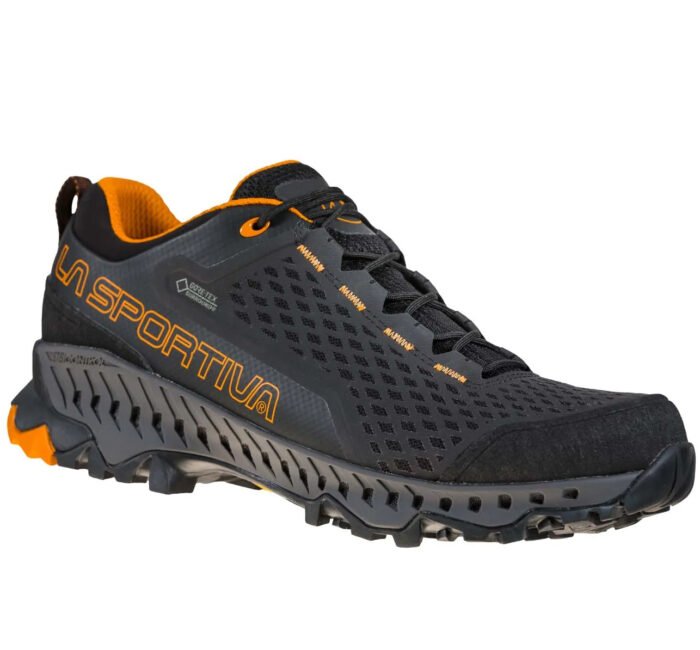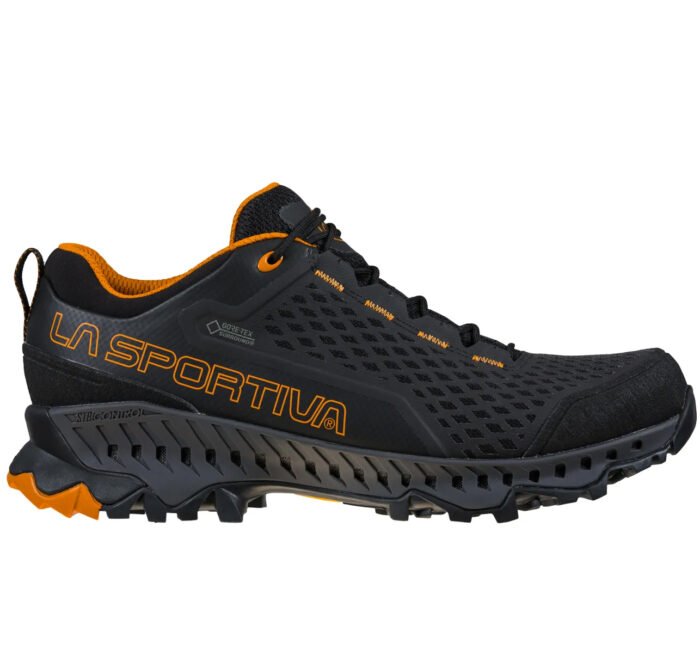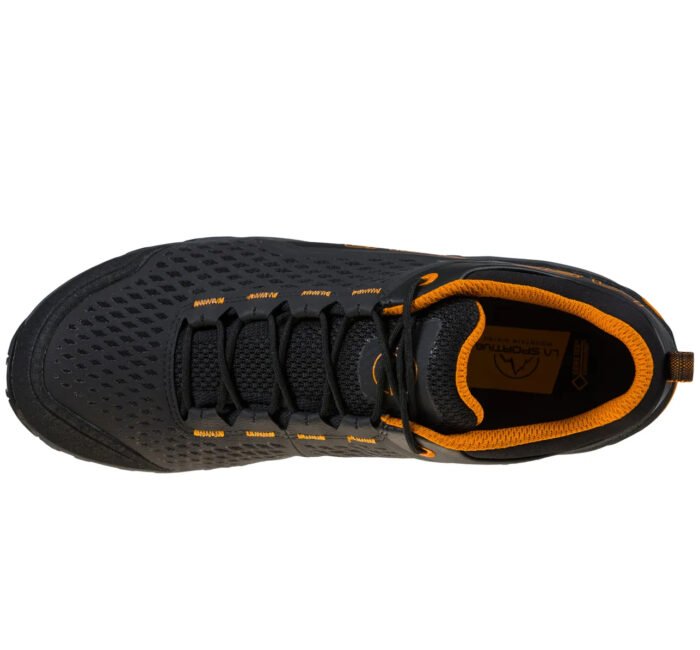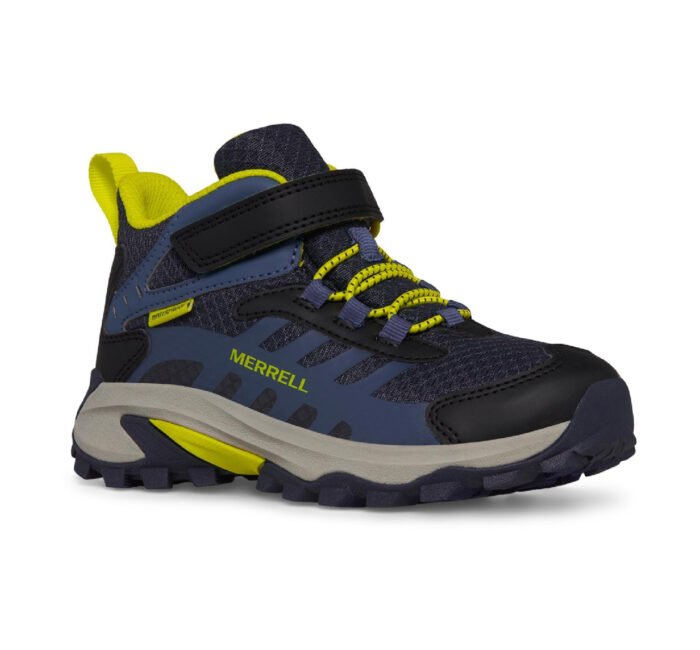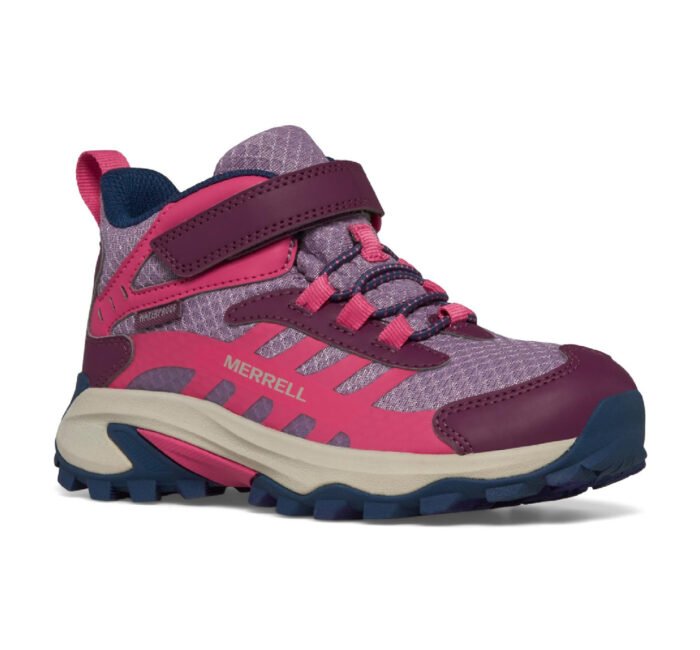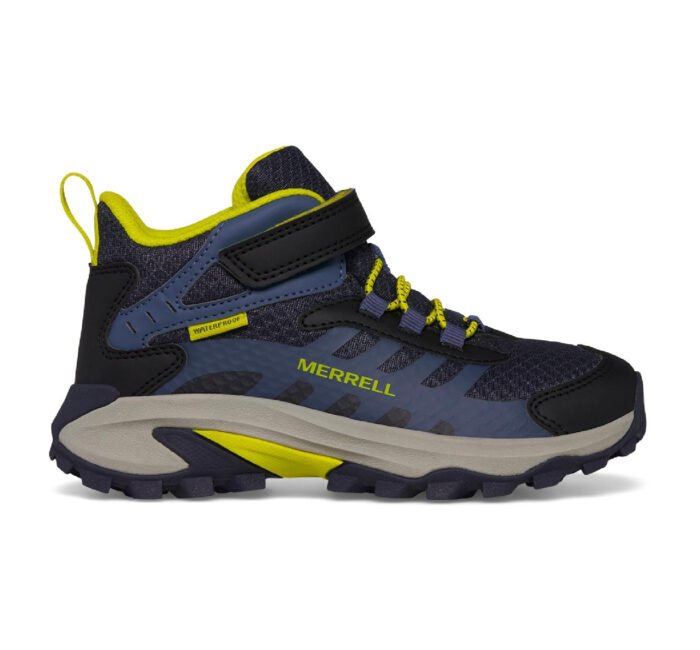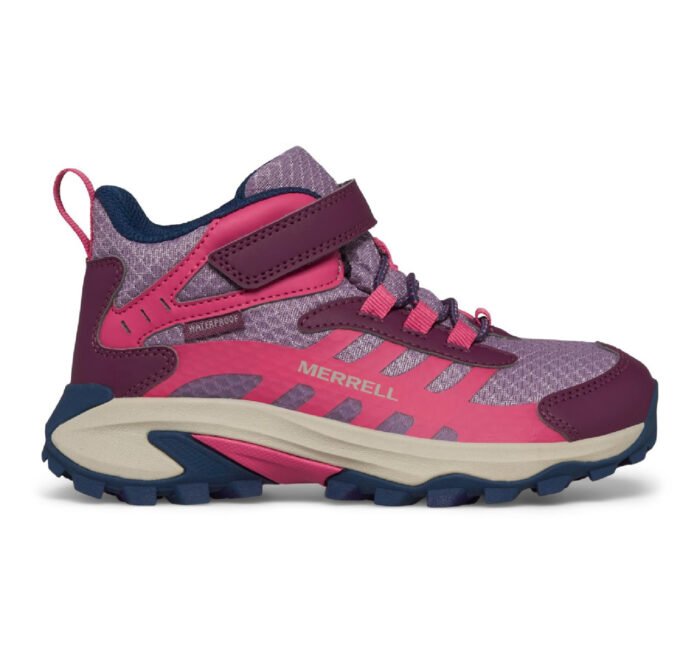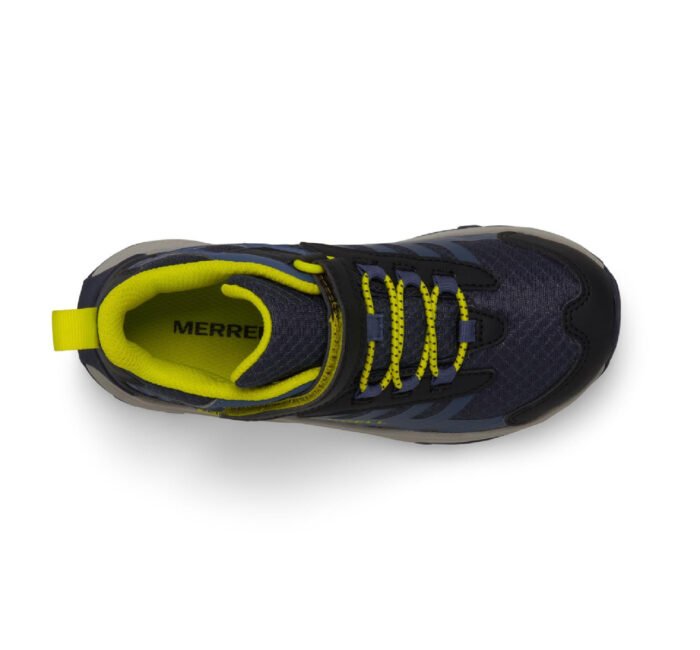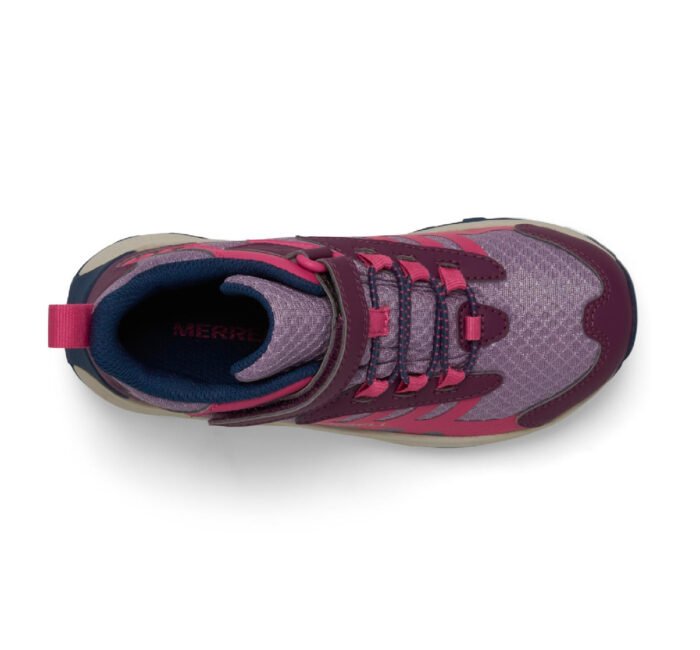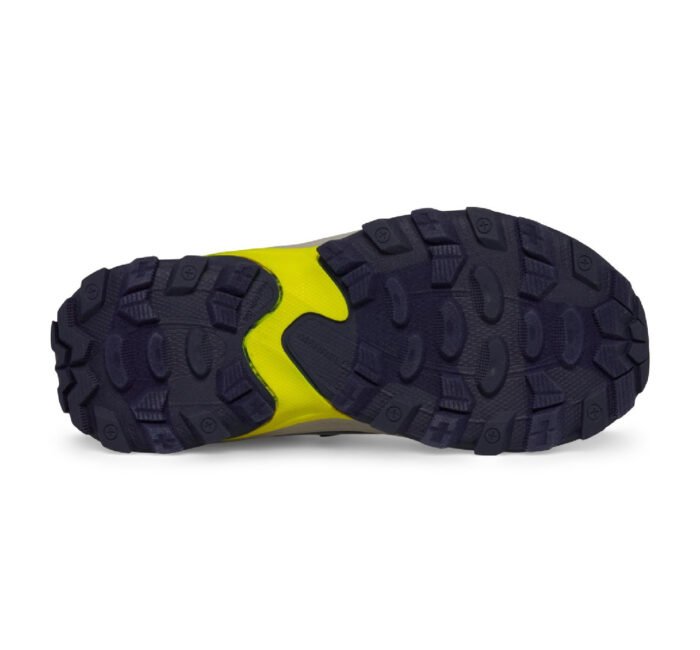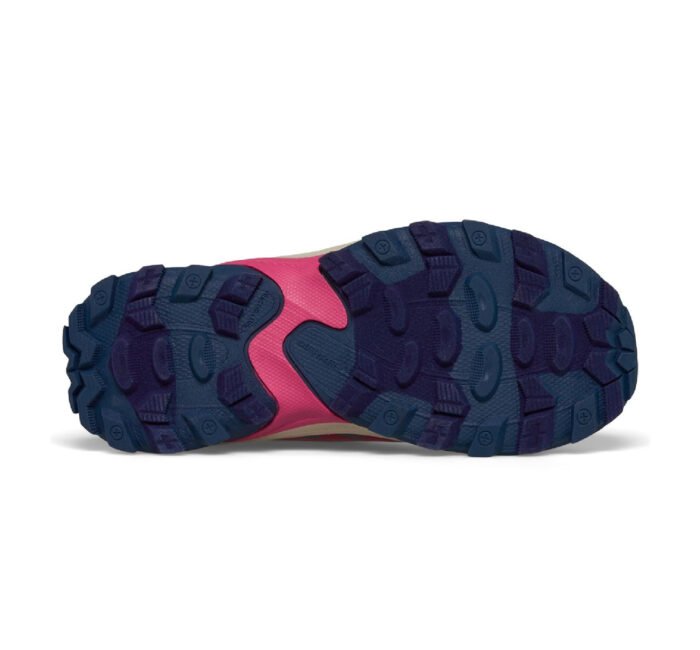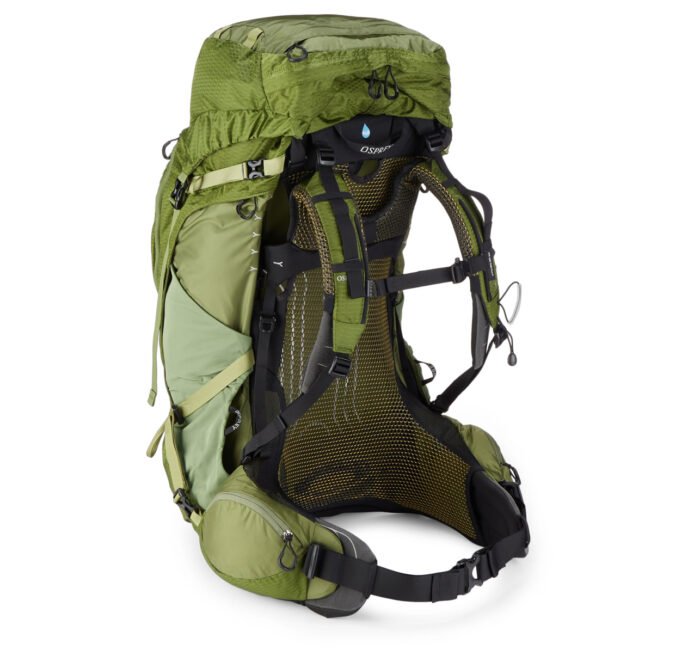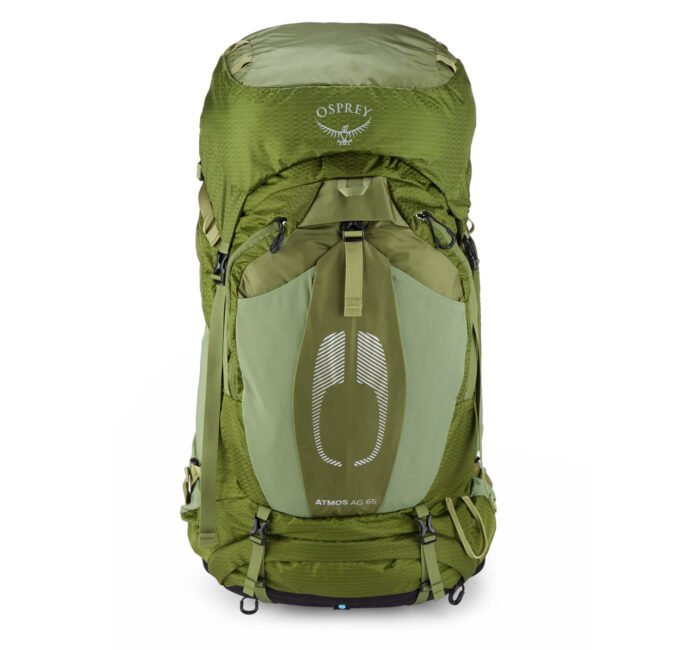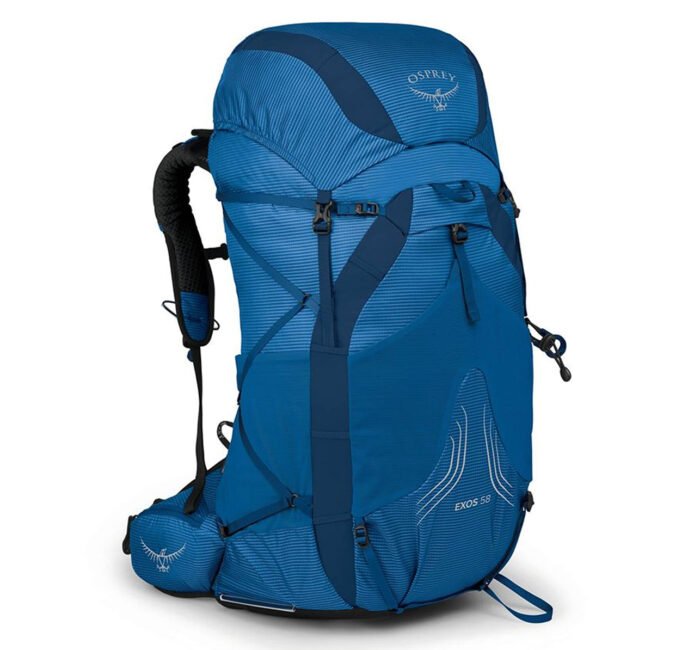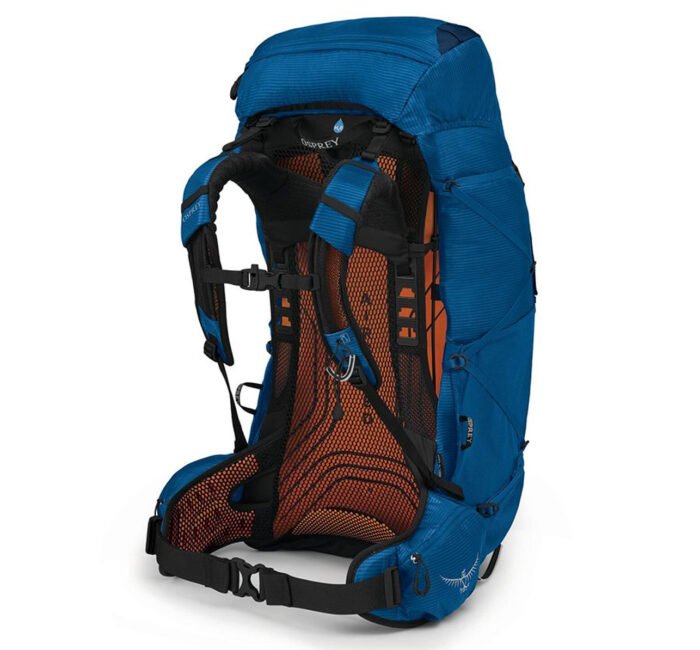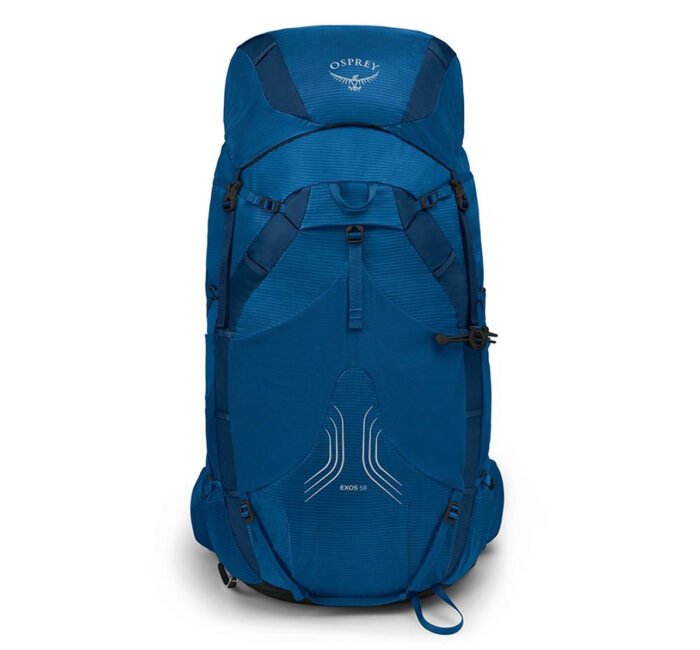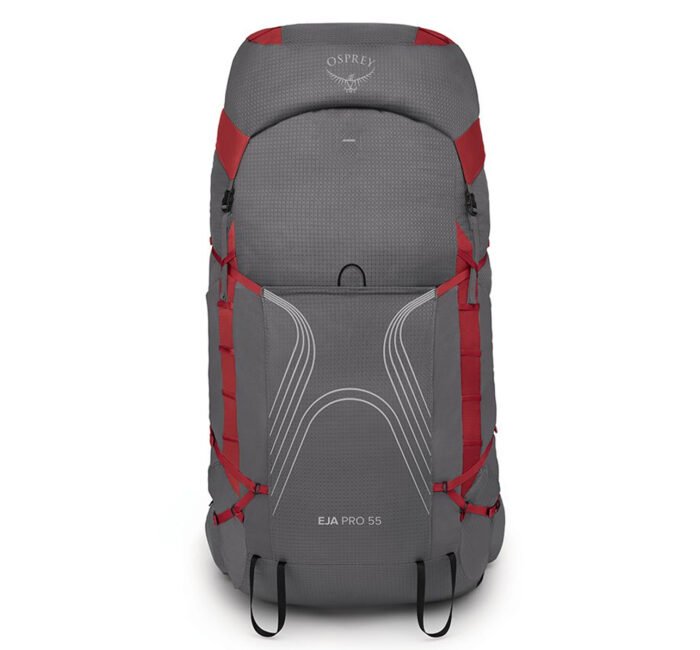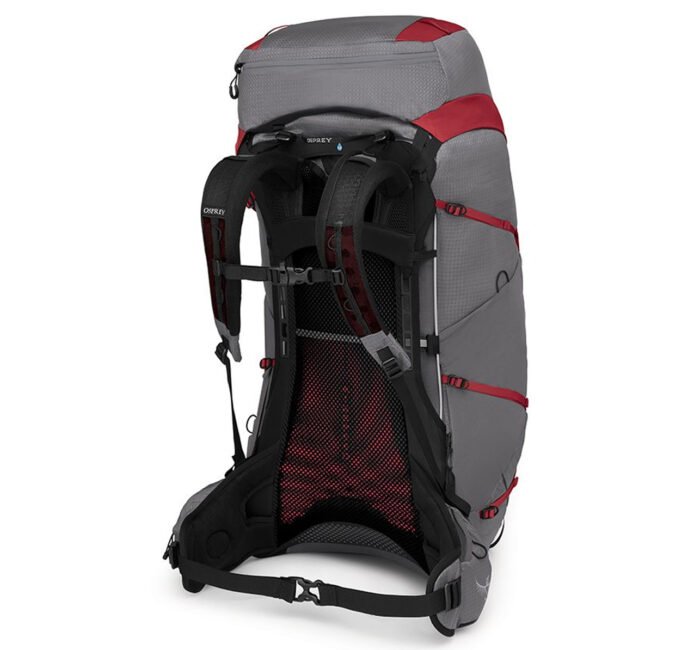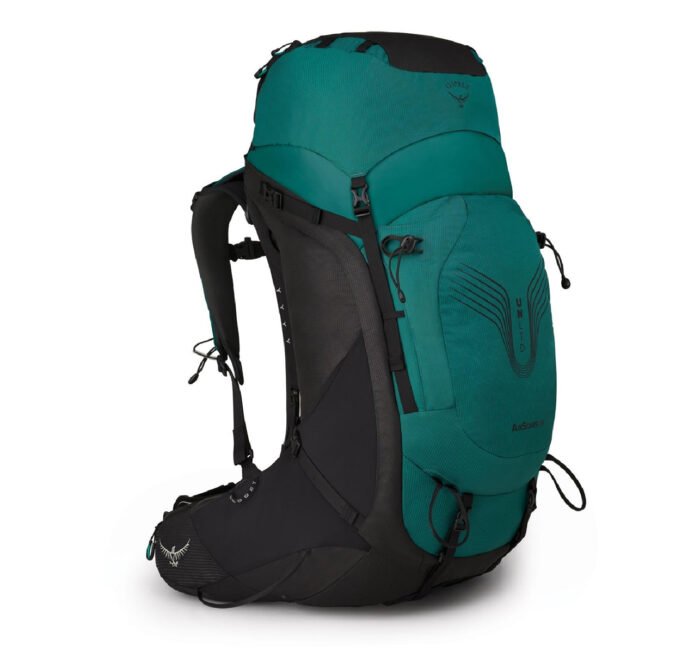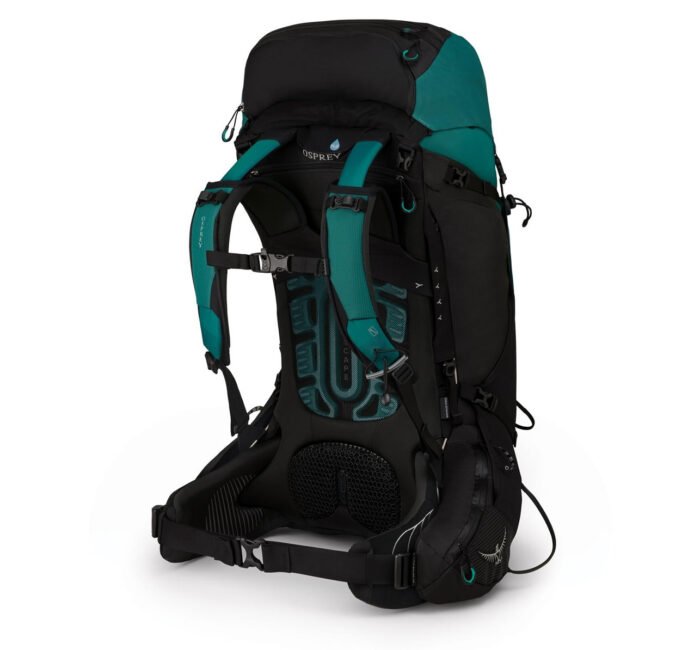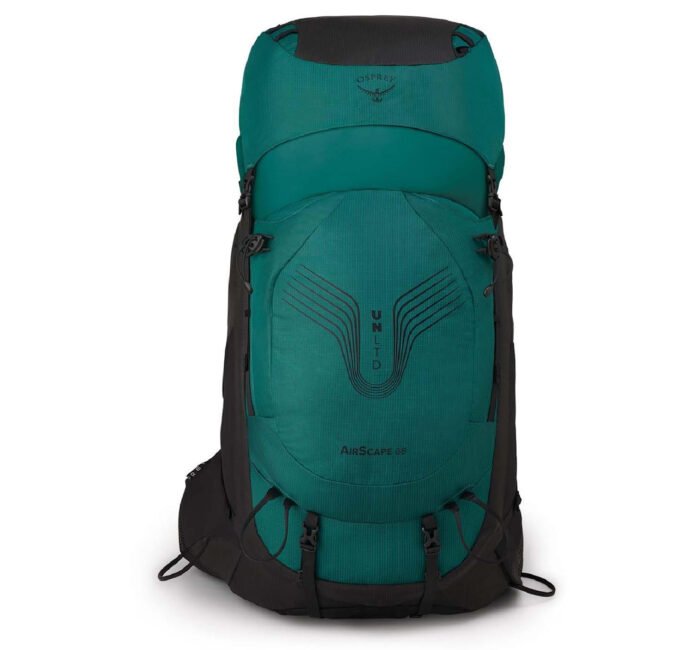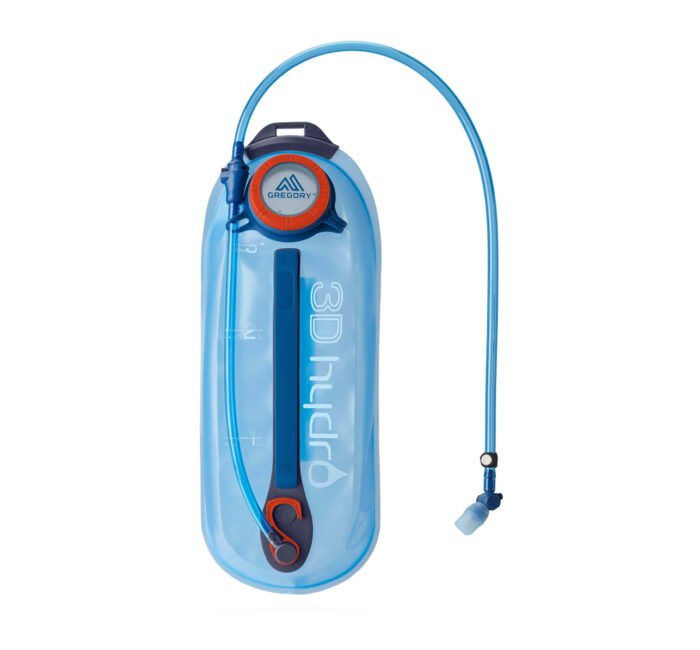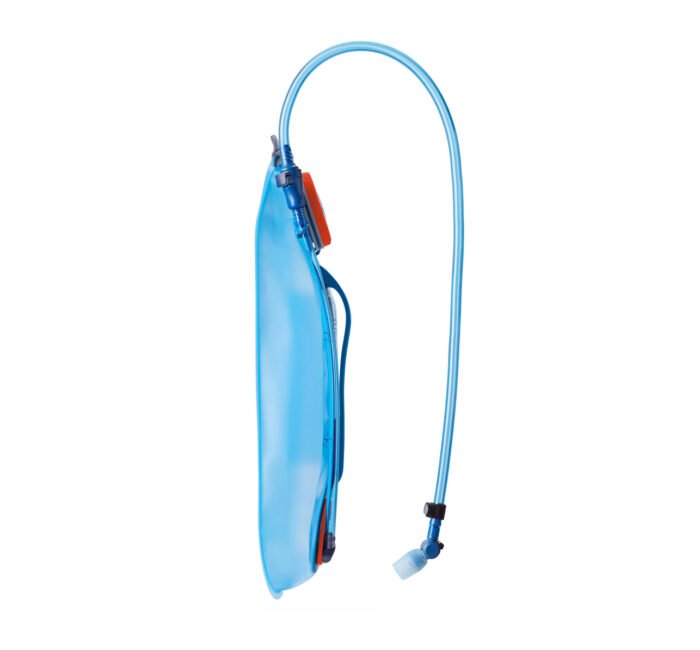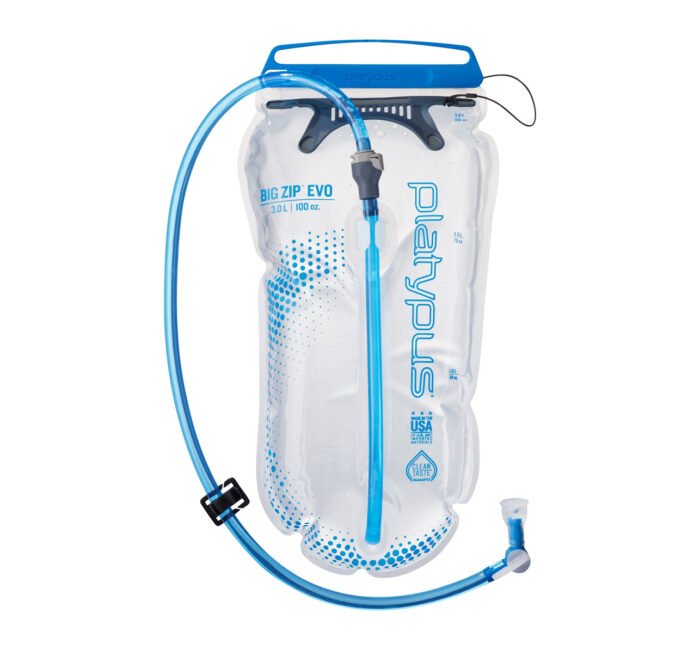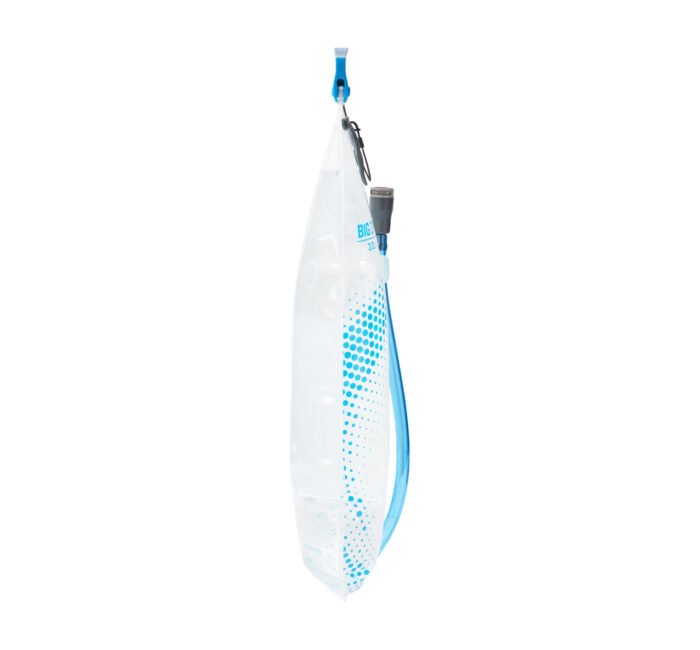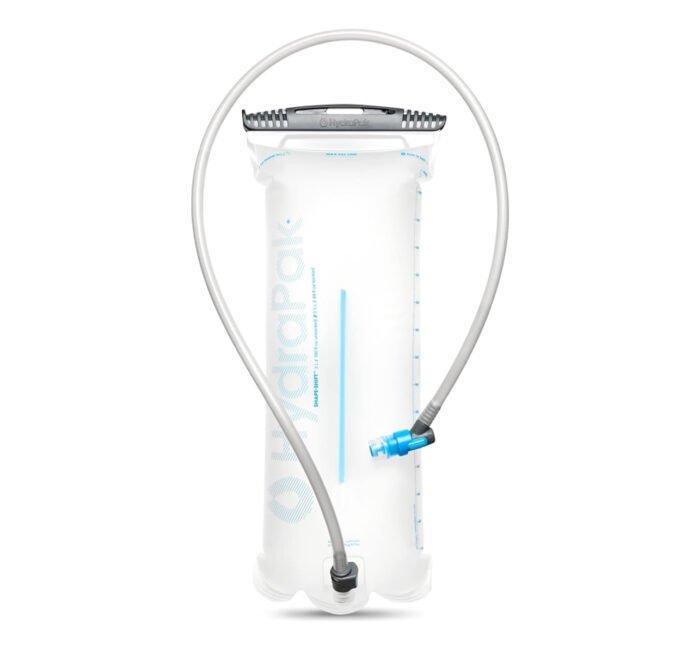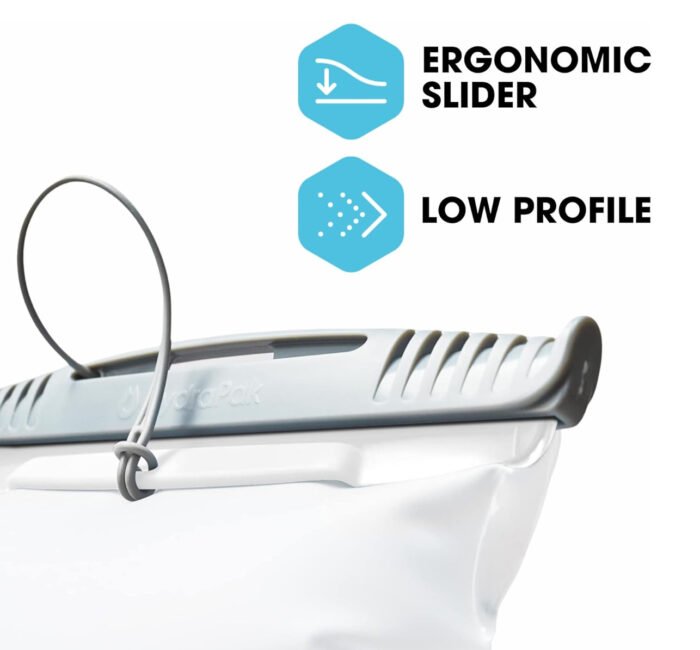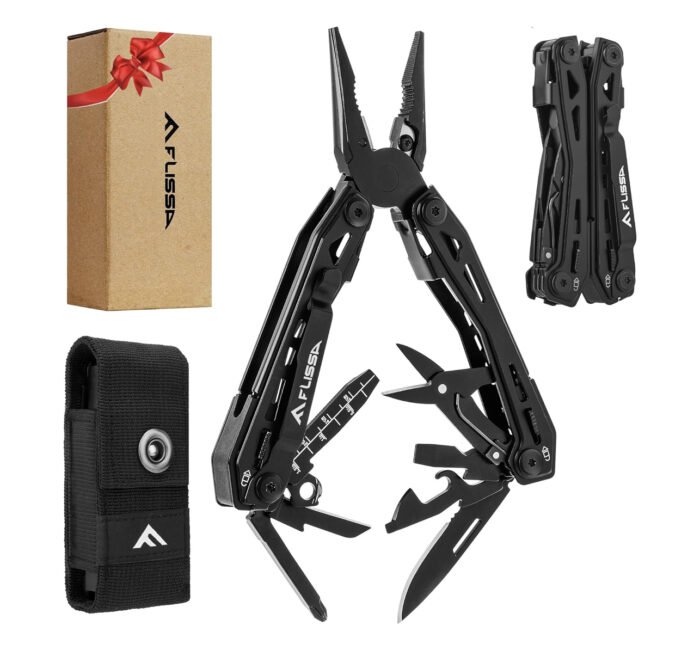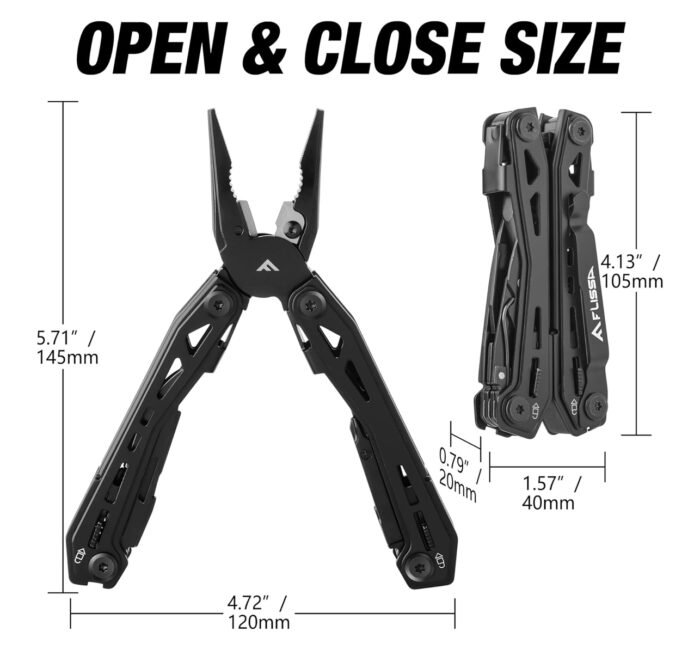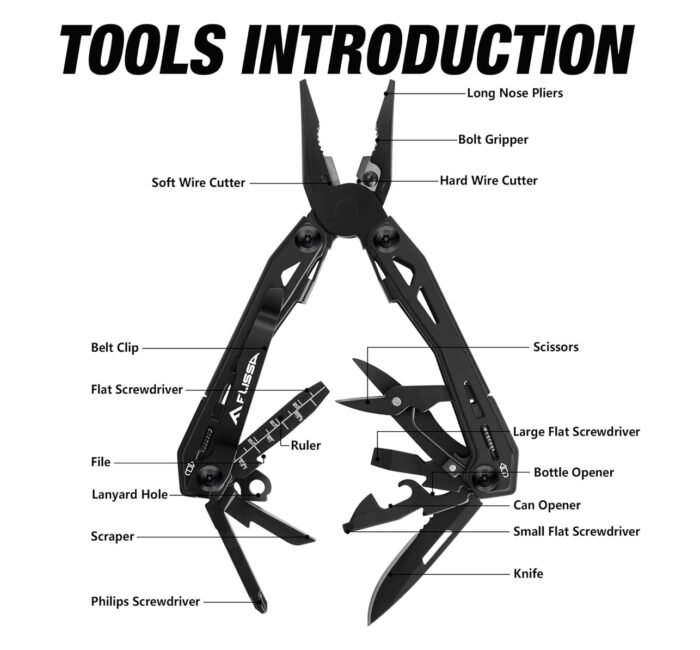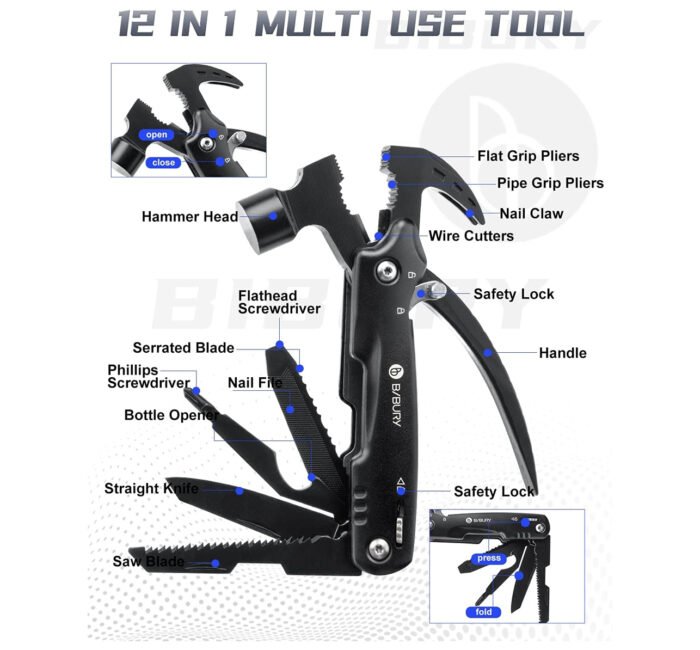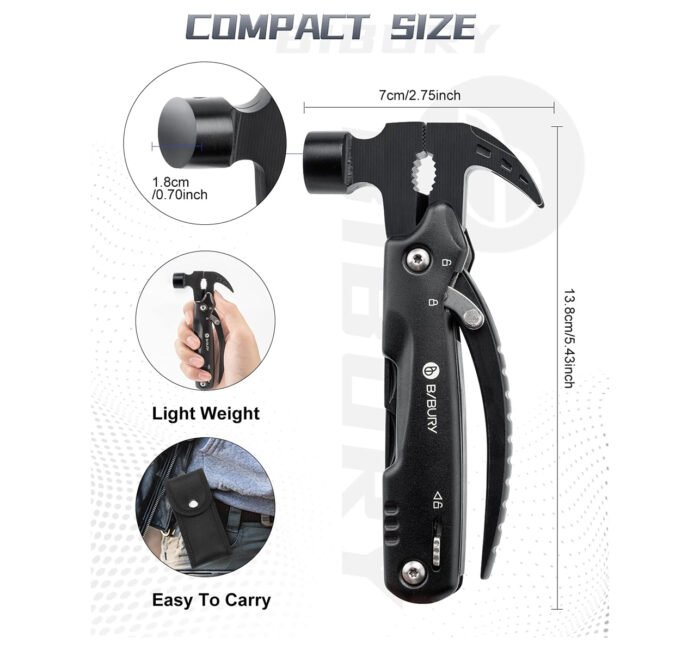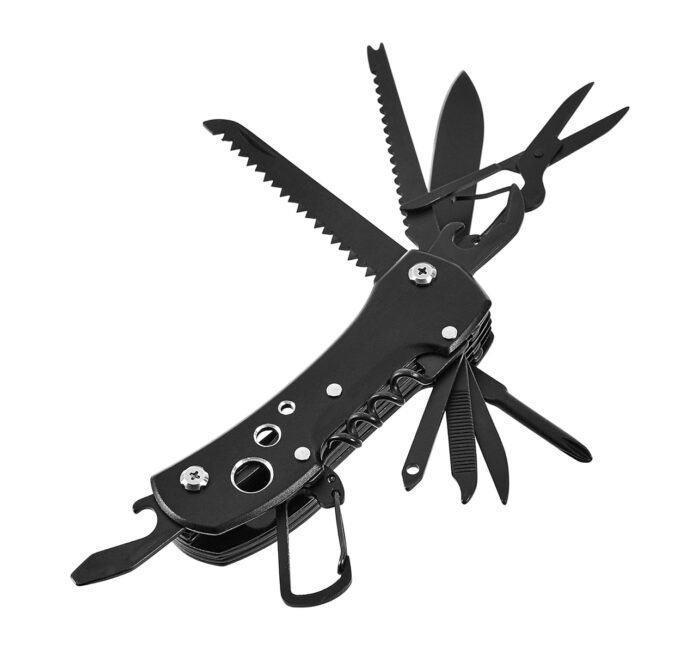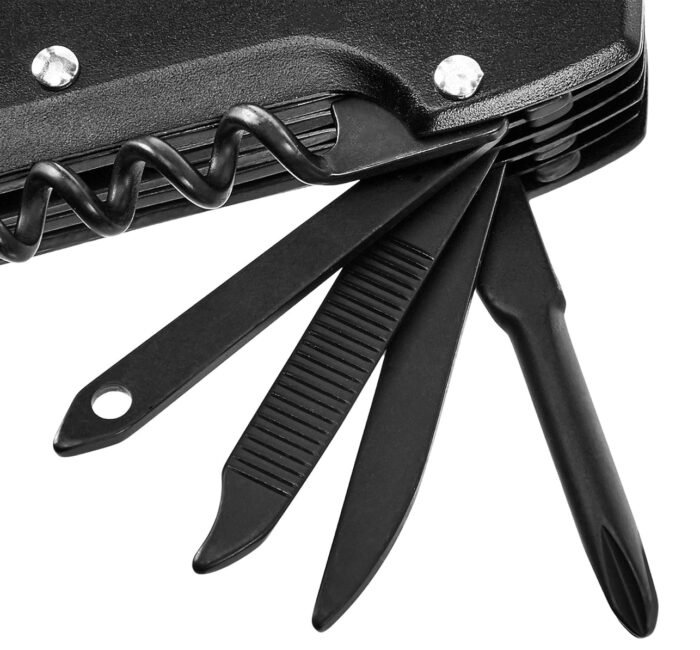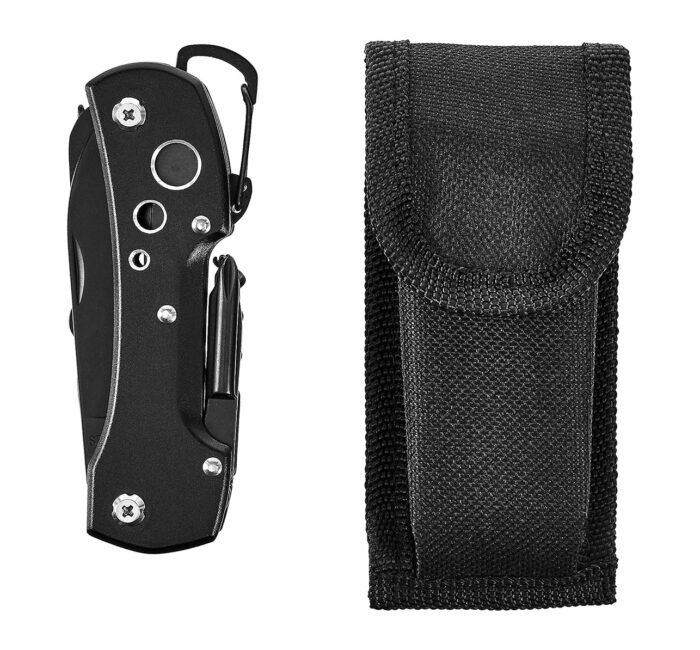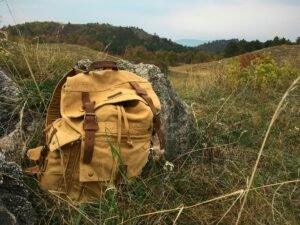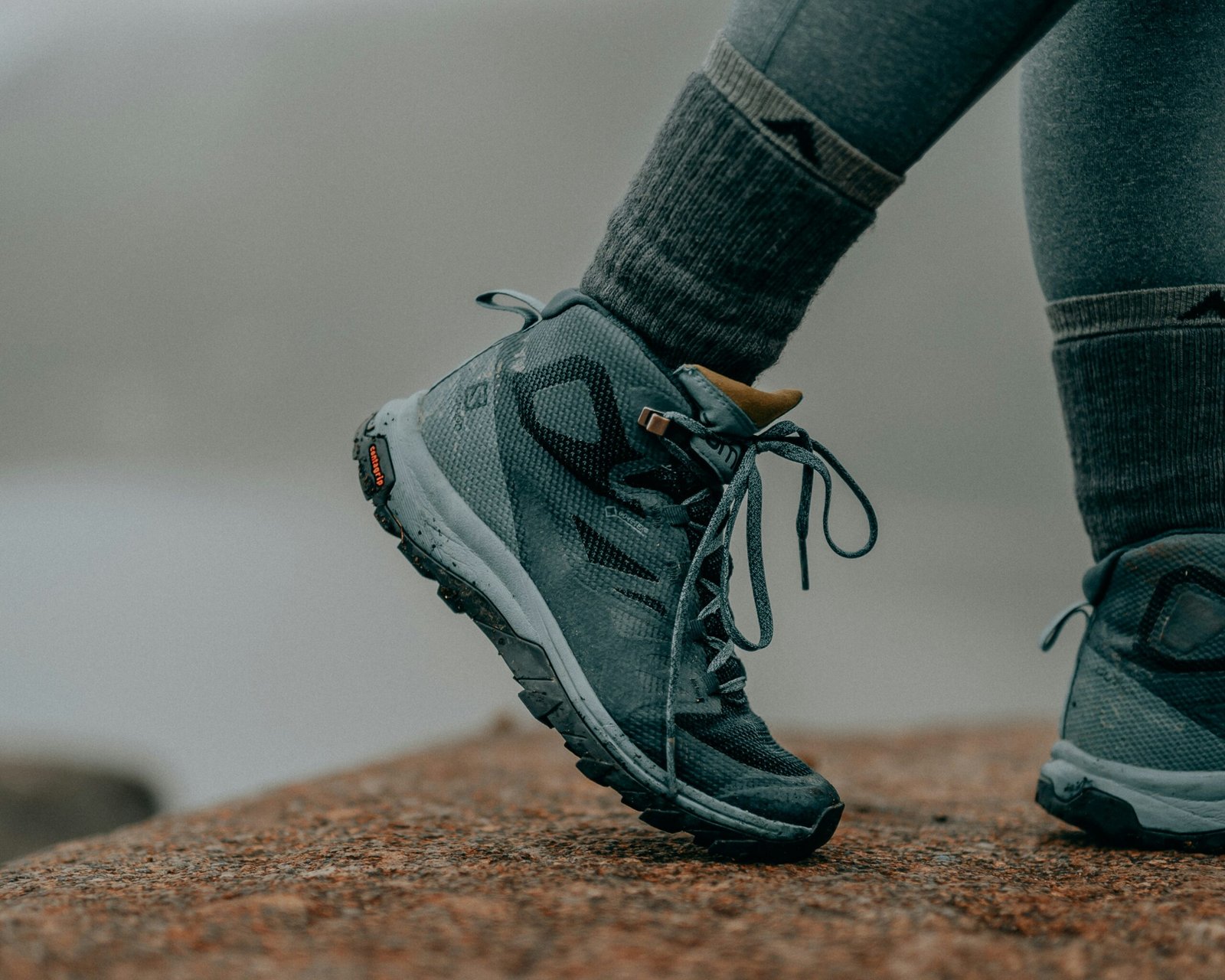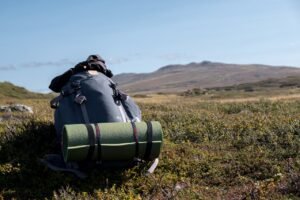Hiking requires preparation and proper equipment. The gear you choose can make or break your experience, enhancing comfort and safety. Fully immerse yourself in the natural beauty without unnecessary concerns.
The article lists the top 10 essential hiking products for hikers to ensure a safe and enjoyable experience. These products include sturdy footwear and hydration solutions. By packing these essentials, hikers can set the stage for a successful and memorable hike.
Understanding the importance of each piece of gear, from the most fundamental to the more specialized items, can greatly enhance your overall hiking experience. Properly equipped, you can navigate diverse terrains, cope with changing weather conditions, and address any unexpected situations with confidence. Whether you are tackling a short day hike or an extended backcountry expedition, having the right gear is crucial for both your enjoyment and your well-being. As we explore these essential hiking products, you will gain insight into how each item contributes to a safe, comfortable, and rewarding journey in the great outdoors.
1. Reliable Hiking Boots
Choosing the right hiking boots is crucial for a safe and enjoyable experience. Comfort, durability, water resistance, and appropriate grip are key factors to consider. Good boots provide necessary support and protection, reduce the risk of injuries, and enhance performance across diverse terrains. Ensure that the boots fit well, offer ample space for toes, and provide adequate support to your ankles. High-quality materials like full-grain leather or synthetic fabrics can withstand the wear and tear of rugged trails. Waterproof membranes like Gore-Tex are essential. Appropriate grip is vital for maintaining stability on different surfaces. The best hiking boots are those that align with your specific needs and hiking preferences. Investing in reliable boots is a step towards ensuring a safe, comfortable, and enjoyable adventure.
Here’s 3 Boots That Experts Recommend:
Best Overall Men’s Boots
Best Overall Women’s Boots
Best Overall Kids Boots
2. Quality Backpack
Choosing the right backpack is crucial for a successful hiking adventure. Adequate storage capacity, ergonomic design, weight distribution, comfort, hydration reservoir compatibility, multiple compartments, weather resistance, and more. Assess your storage needs based on the length of your journey and the volume of gear you plan to carry. Look for backpacks that offer adjustable shoulder straps, a padded hip belt, and a contoured back panel. Hydration reservoirs allow for easy access to water without needing to stop and unpack.
Here’s a selection of the best backpacks on the market:
Best Overall Men’s Backpack
Osprey Atmos AG 65 Pack
Osprey Exos 58 Pack
Best Overall Women’s Backpack
Eja Pro 55 Pack
UNLTD AirScape 68 Pack
3. Navigation Tools
Reliable navigation tools are essential for hiking. Traditional maps and compasses are lightweight and provide a broad overview of terrain, but require practice. Modern GPS devices offer precise location tracking and detailed maps, but are reliant on battery life and can be susceptible to technical malfunctions. It is crucial to carry a backup navigation method when electronic devices fail. Learning to navigate using natural landmarks and understanding surroundings can be invaluable skills. Always being aware of surroundings is fundamental to effective navigation. Mastering both traditional and modern navigation tools, along with acute awareness of surroundings, forms the backbone of safe and successful hiking.
4. First Aid Kit
A well-stocked first aid kit is essential for any hiking adventure, including basic items like adhesive bandages, antiseptic wipes, gauze pads, and medical tape. Personal health needs and specific conditions of the hike should also be considered. Tailoring the kit to the environment, such as insect repellent and sunscreen, can help prevent and treat sunburn. GPS devices offer precise location tracking, but they are reliant on battery life and can be susceptible to technical malfunctions or signal loss. It is crucial to carry a backup navigation method like maps and compasses. Always being aware of surroundings and paying attention to distinctive features in the landscape is fundamental to effective navigation. Taking a basic first aid course can enhance preparedness and make a significant difference in an emergency situation. Mastering traditional and modern navigation tools and acute awareness of surroundings is crucial for safe and successful hiking.
Here’s A Website We Recommend For You:
5. Appropriate Clothing
Choosing appropriate clothing for hiking is crucial for comfort, safety, and enjoyment. Layering is key, with a moisture-wicking base layer, middle layer for insulation, and outer layer for protection. Weather-appropriate gear, such as waterproof jackets and hats, are also important. Sturdy, well-fitted hiking boots and proper socks are also crucial. Investing in appropriate clothing reduces the risk of injury and exposure to harsh elements. Always consider the specific environment and weather forecast for your hike.
You can find the best clothings at the shops mentioned below:
6. Hydration Bladders
Staying hydrated during a hike is crucial for maintaining energy levels, mental clarity, and preventing heat-related illnesses. There are several options to consider when it comes to hydration systems, each catering to different needs and preferences. Water bottles are a classic choice for many hikers due to their simplicity and reliability. Hydration bladders are particularly useful on more challenging trails. Portable water filters and purification methods are indispensable for longer treks or hikes in remote areas. It’s crucial to carry enough water to last the entire journey, and monitoring water intake and replenishing electrolytes can help prevent dehydration and maintain optimal performance.
Best Hydration Bladders According to outdoorgearlab.com
Gregory 3D Hydro
Platypus Big Zip EVO
Hydrapak Shape-Shift Reservoir
Read more…
7. Nutrition and Snacks
Having the right nutrition and snacks is crucial for maintaining energy and stamina while hiking. It’s essential to pack a variety of foods that balance carbohydrates, proteins, and fats. Trail mix is a popular choice among hikers due to its high energy content and convenience. Dehydrated meals are also suitable for longer hikes. Balancing intake of macronutrients is crucial. Focus on lightweight, non-perishable options and plan meal breaks strategically to ensure regular energy intake. By carefully selecting and packing energy-sustaining foods, hikers can enhance their hiking experience and ensure they remain fueled and ready for the challenges ahead.
Click here to check our list of 35 easy backpacking food idea
8. Multi-tool and Repair Kit
A multi-tool and repair kit is a valuable addition to hiking gear for addressing minor issues during an adventure. It includes tools like pliers, screwdrivers, a knife, and scissors for on-the-spot repairs, adjusting gear, or preparing food. A small repair kit with duct tape, zip ties, and a sewing kit is also crucial for patching up torn clothing, fixing broken equipment, and securing loose gear. Being prepared for minor repairs can prevent safety and comfort issues from becoming major problems. Addressing equipment issues promptly can extend the life of gear and save money in the long run. It also helps manage wear and tear on equipment, ensuring a smooth adventure. Duct tape and zip ties are versatile tools for temporary fixes and securing items together. A sewing kit can come in handy for mending tears in fabric or stitching up loose seams.
Flissa 16 in 1
Bibury Hammer Multitool 12 in 1
Amazon Basics 15 in 1
9. Lighting and Emergency Signals
Hiking requires reliable lighting tools like headlamps and flashlights. It’s advisable to carry extra batteries or a portable charger. Emergency signaling devices like whistles and signal mirrors can significantly enhance safety. Personal locator beacons are critical for hikers venturing into remote or unfamiliar territory. Having these emergency signaling devices on hand can be life-saving in situations where you might be lost, injured, or otherwise in need of assistance.
10. Shelter and Sleeping Gear
Choosing the right shelter and sleeping gear is crucial for a comfortable and safe overnight hiking experience. Tents offer ample space and protection from wind, rain, and insects, while lightweight tents are ideal for minimizing pack load. Bivy sacks are a minimalist alternative to tents, providing a compact and lightweight option for solo hikers. A high-quality sleeping bag is essential for warmth and comfort, with factors like temperature rating and insulation type. A sleeping pad can provide extra insulation and cushioning, enhancing sleep quality by reducing discomfort from uneven ground. By carefully selecting the appropriate equipment, hikers can ensure a safe, comfortable, and enjoyable experience.
Check our selection of the best camping tents & Best sleeping bags of 2024
Conclusion and Final Tips
In summary, being well-prepared with the right hiking gear is crucial for ensuring a safe and enjoyable outdoor adventure. Throughout this article, we have highlighted the top 10 essential hiking products that every hiker should consider, ranging from sturdy hiking boots to reliable navigation tools. Each piece of gear plays a significant role in enhancing your comfort, safety, and overall experience on the trail.
It is important to approach your hike with a comprehensive plan, taking into account the specific conditions and challenges of your chosen trail. Proper planning includes researching the trail, checking weather forecasts, and understanding the terrain. Packing efficiently is equally vital; prioritize lightweight and multi-functional items to keep your load manageable. Always carry sufficient water, snacks, and first-aid supplies, and ensure your clothing is suitable for varying weather conditions.
Investing in quality products cannot be overstated. While it may be tempting to opt for cheaper alternatives, high-quality gear often provides better performance, durability, and comfort. Remember, your hiking gear is an investment in your safety and enjoyment. As you gain more hiking experience, you will likely refine and update your gear based on personal preferences and evolving needs. Regularly inspect your equipment for wear and tear and replace items as necessary to maintain their reliability.
Finally, continuous education and practice are key to becoming a proficient and confident hiker. Take the time to learn new skills, such as map reading and first aid, and always adhere to the principles of Leave No Trace to preserve the natural beauty of the trails for future adventurers. By staying informed, well-prepared, and adaptable, you can look forward to many memorable and rewarding hiking experiences.
